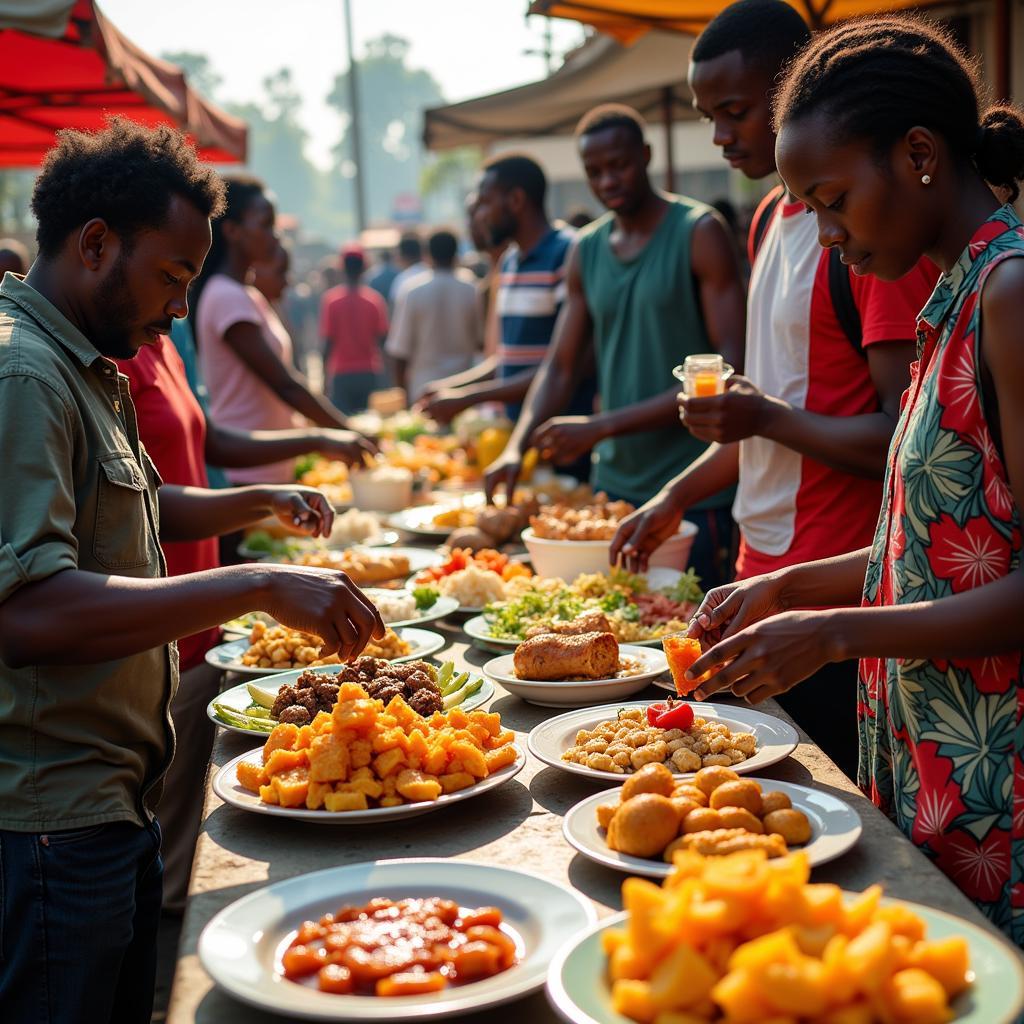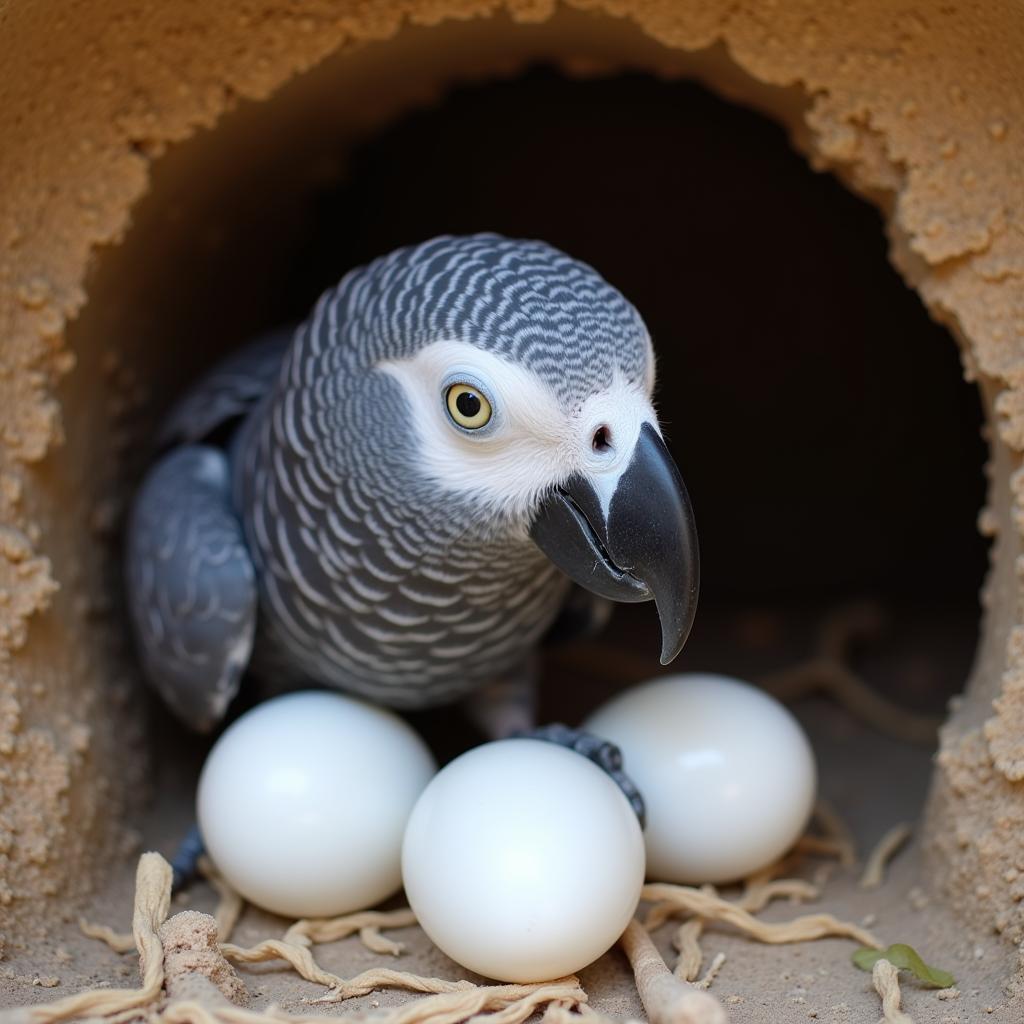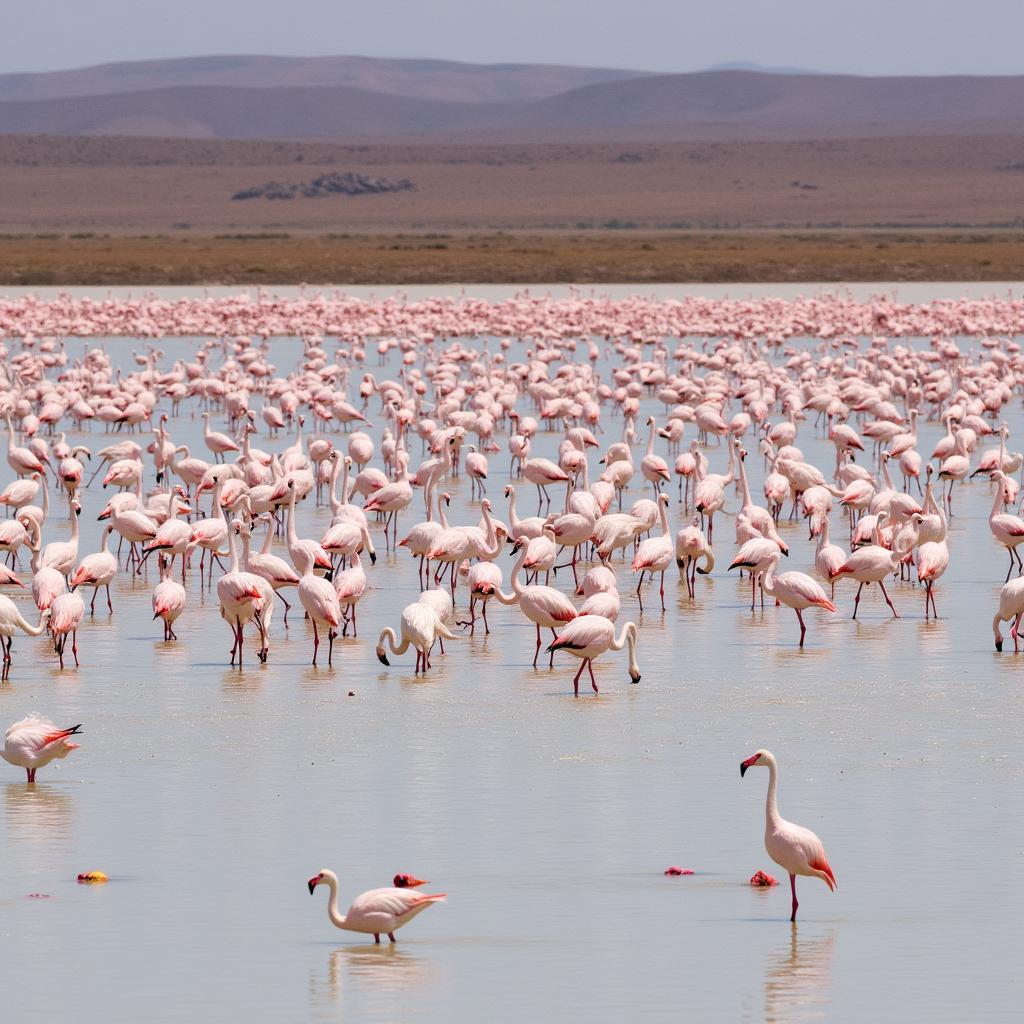A Journey Through African Hair History
African Hair History is a rich tapestry interwoven with cultural traditions, societal norms, and personal expression. From ancient civilizations to modern trends, hair has played a significant role in shaping African identity. This article will delve into the fascinating evolution of African hair, exploring its significance and symbolism throughout the ages.
The Significance of Hair in Pre-Colonial Africa
Before the transatlantic slave trade, African hair held profound cultural and spiritual meaning. Different styles signified social status, age, marital status, and even religious affiliation. Elaborate braiding patterns, intricate twists, and the use of natural adornments like beads and shells were common. Hair was not just an aesthetic feature; it was a powerful form of communication, reflecting the unique identity of individuals and communities. african hair before slavery Hair care rituals were often communal activities, strengthening social bonds and passing down traditions through generations.
Natural Hair as a Symbol of Pride
For centuries, natural hair in its various textures and forms was celebrated as a symbol of pride and beauty. From the tightly coiled curls to the flowing waves, each hair type was seen as a unique gift reflecting the diversity of the continent.
The Impact of Slavery on African Hair
The transatlantic slave trade marked a dark chapter in African hair history. Forced to abandon their traditional practices, enslaved Africans were often subjected to shaving their heads as a way to strip them of their identity and cultural heritage. This traumatic experience had a lasting impact on the perception of African hair, leading to the adoption of Westernized hairstyles as a means of assimilation and survival.
The Rise of Eurocentric Beauty Standards
During and after slavery, Eurocentric beauty standards became increasingly dominant, influencing how African hair was perceived. Straight hair was deemed desirable, while natural textures were often stigmatized as “unruly” or “unprofessional.” This pressure to conform led to the widespread use of harsh chemicals and damaging practices to straighten hair, often at the expense of hair health and self-esteem.
The Natural Hair Movement: A Reclaimed Identity
In the mid-20th century, the natural hair movement emerged as a powerful force of resistance against Eurocentric beauty standards. Embracing natural textures became a symbol of self-love, cultural pride, and empowerment. african curly hairstyles This movement encouraged individuals to celebrate their unique hair heritage and challenge the negative stereotypes surrounding African hair. From the Afro to braids, twists, and locs, natural hairstyles became a statement of reclaiming identity and embracing one’s roots.
How has the natural hair movement evolved?
The natural hair movement continues to evolve, embracing new styles and techniques while celebrating the diversity of African hair. african hair weaving It has fostered a sense of community, providing support and resources for those transitioning to natural hair and promoting self-acceptance.
African Hair Today: A Celebration of Diversity
Today, African hair is celebrated globally for its versatility, beauty, and cultural significance. african hear combs From runways to red carpets, natural hairstyles are gaining mainstream recognition, challenging outdated beauty norms and inspiring individuals to embrace their unique identities. The use of protective styles, like braids and twists, allows for creativity and self-expression while minimizing damage and promoting healthy hair growth.
Dr. Abena Osei, a renowned anthropologist specializing in African cultures, states, “African hair is a powerful symbol of resilience, creativity, and cultural heritage. It is a testament to the strength and beauty of the African people.”
What are some popular African hairstyles today?
Popular African hairstyles today range from braids, twists, locs, and cornrows to Afro puffs and other natural styles, reflecting the rich diversity and creativity within African hair culture. african american hair doll Many individuals also incorporate traditional adornments like beads and cowrie shells, connecting their hair to their ancestral roots.
Dr. Kofi Asante, a leading hair care specialist, adds, “Embracing natural hair is not just a trend; it is a journey of self-discovery and empowerment. It is about celebrating our heritage and expressing our unique beauty.”
Conclusion
African hair history is a testament to the resilience, creativity, and cultural richness of the African people. From ancient traditions to modern trends, hair has played a pivotal role in shaping African identity. As we continue to celebrate the beauty and diversity of African hair, we honor the legacy of those who came before us and inspire future generations to embrace their unique heritage.
FAQ
- What is the significance of hair in African culture?
- How did slavery impact African hair practices?
- What is the natural hair movement?
- What are some popular African hairstyles today?
- How can I care for my natural hair?
- What are some traditional African hair adornments?
- Where can I learn more about African hair history?
Common Questions about African Hair History
- What were some of the most common hairstyles in ancient Africa?
- How did colonialism affect African hair practices?
- What are the benefits of wearing natural hairstyles?
Related Topics and Further Reading
- African Hair Care Rituals
- The Cultural Significance of Braiding in Africa
- The History of Hair Adornment in Africa
For further assistance or inquiries regarding African hair history and related topics, please contact us at +255768904061 or [email protected]. You can also visit us at Mbarali DC Mawindi, Kangaga, Tanzania. Our customer service team is available 24/7.



